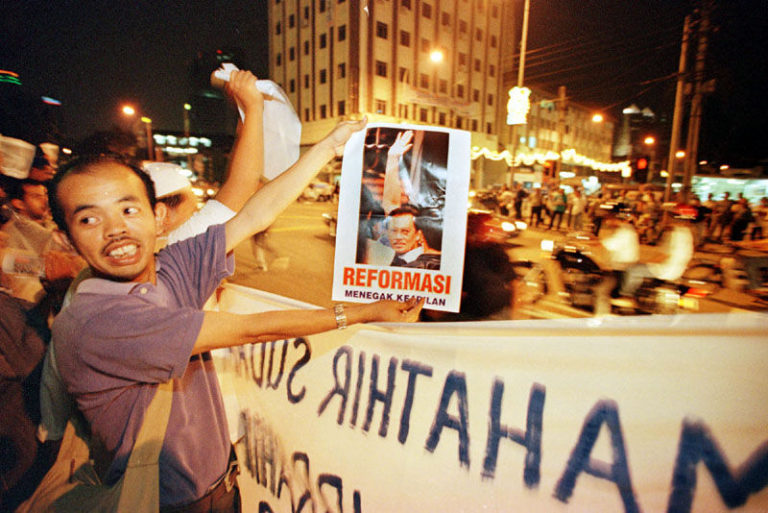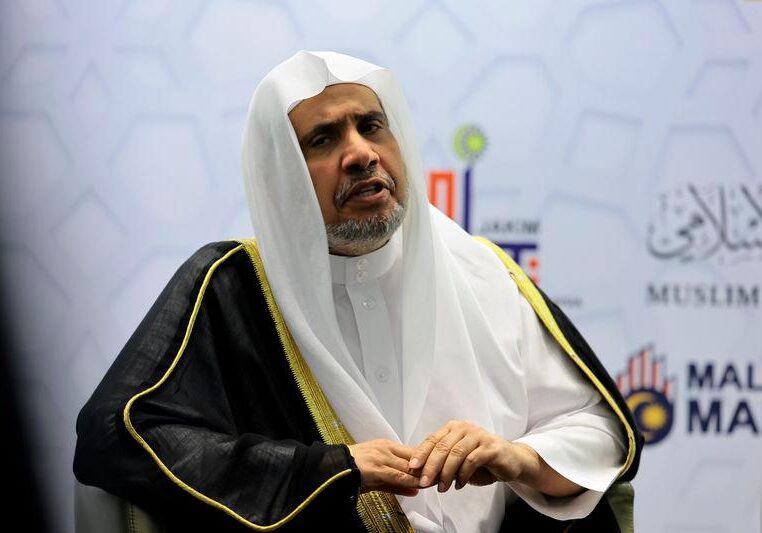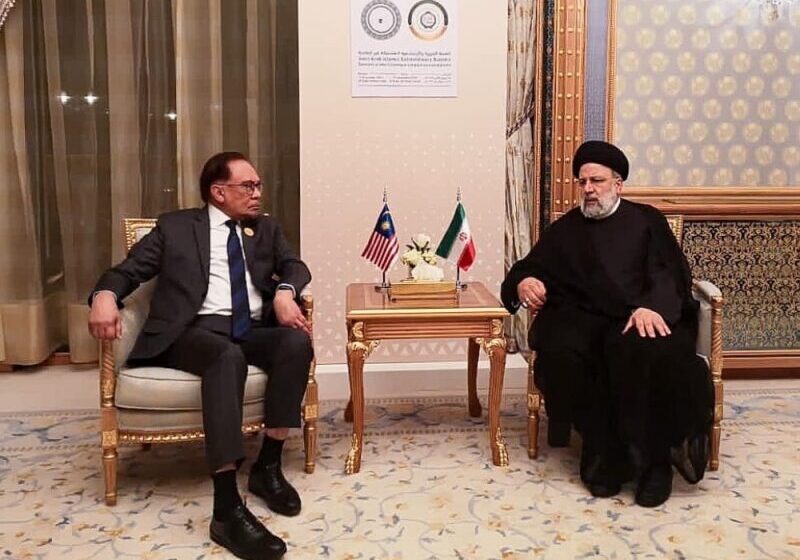Australia/Israel Review
Asia Watch: Principle issues
Sep 28, 2023 | Michael Shannon

Evidence abounds that the pursuit of power, especially over an extended period of time, will eventually require the sacrificing of principles if the goal is to be achieved. And so, if ever a signal was needed that the 25-year-old reformasi movement headed by Anwar Ibrahim is dead, the decision by Malaysian prosecutors on September 4 to withdraw corruption charges against Deputy Prime Minister and United Malays National Organisation (UMNO) party leader Ahmad Zahid Hamidi provides ample evidence.
Zahid faced an incredible 47 charges of criminal breach of trust, bribery and money laundering, which relate to the alleged misuse of millions of dollars at a charity he founded to fight poverty, and his trial had been underway for 77 days with 99 prosecution and 15 defence witnesses having testified. Yet, the Kuala Lumpur High Court accepted a prosecution request to grant Zahid a “discharge not amounting to an acquittal” after the Attorney-General’s Chambers (AGC) chose not to continue pursuing the case.
Although the prosecution could yet decide to reinstate the charges, the key role Zahid plays in Anwar’s governing coalition makes this an unlikely prospect. After last November’s inconclusive general election, Anwar was forced to join hands with UMNO – the party he assailed for corruption for over two decades – in order to form a government and keep the conservative Perikatan Nasional (PN) coalition from office.
Amidst the public outcry, Anwar has strongly denied any involvement in the AGC’s decision. “The AG had full authority and he gave his reasons. It is the AG’s decision, and I can’t interfere,” he was quoted as saying.
It was too much for one of Anwar’s coalition partners. The youth-oriented, multiracial Malaysian United Democratic Alliance (MUDA), which has only one seat in Parliament, announced its withdrawal from Anwar’s Pakatan Harapan coalition, saying it would join the opposition as a “third force”, BenarNews reported.
“Who would have thought this so-called reform government that would end up dropping corruption charges for the sake of power? I will never allow Malaysia to normalise corruption,” MUDA’s leader Syed Saddiq Syed Abdul Rahman said in a video posted on Facebook.
Whether MUDA eventually emerges as a third force remains to be seen. Founded in 2020, the party has so far struggled to challenge established parties and gain traction with young voters, especially to capitalise on the recent lowering of the voting age from 21 to 18. However, the party was founded only in 2020 and it is too soon to know whether it can capitalise upon progressive disaffection with Anwar’s Government.
Despite MUDA’s exit, Anwar’s governing alliance retains its two-thirds parliamentary majority, but the party’s departure could still affect the coalition’s ability to pass constitutional amendments and other key reforms.
Still, it’s hard to detect any appetite for reformasi in either the Government or the Opposition. A rally organised for Sept. 16 by the opposition PN’s youth wing to protest the discontinuation of the case against Zahid fizzled out, with organisers alleged to be in breach of the UMNO-era Peaceful Assembly Act 2012.
However, Perikatan’s elders can hardly be called reformers while being led by the 76-year-old Muhyiddin Yassin – who still faces charges of money laundering involving RM200 million (A$66.2 million) in the theft of funds to combat COVID-19, after being acquitted in August of four charges of abusing his power to obtain RM232.5 million (A$77 million) in bribes for his Parti Pribumi Bersatu Malaysia. Their sole strategy is a transparently sectarian Malays-first agenda, which reaped success in the recent state elections forcing Anwar’s Government to attempt to nullify this line of attack.
In the most recent example, the Government caved to hardliners by banning a locally made feature film about a Muslim girl who explores other religions’ views on reincarnation after her mother dies, saying it runs “contrary to public interest.”
The indie film Mentega Terbang had upset Malay conservatives, who said it encouraged Muslims to desert their faith. It was released in 2021 for limited screenings, but its release on a streaming service in March led to virulent criticism, vandalism against property of the director and one of the actors, and both receiving death threats. The film had already been withdrawn from the streaming platform.
Naturally, the ban won the approval of the conservative NGO, Malaysian Muslim Solidarity (ISMA), which said the film’s protagonist has critical questions about Islam’s religious practices, and these are “underlying messages on liberal ideologies in religious practices.”
Tags: Malaysia






